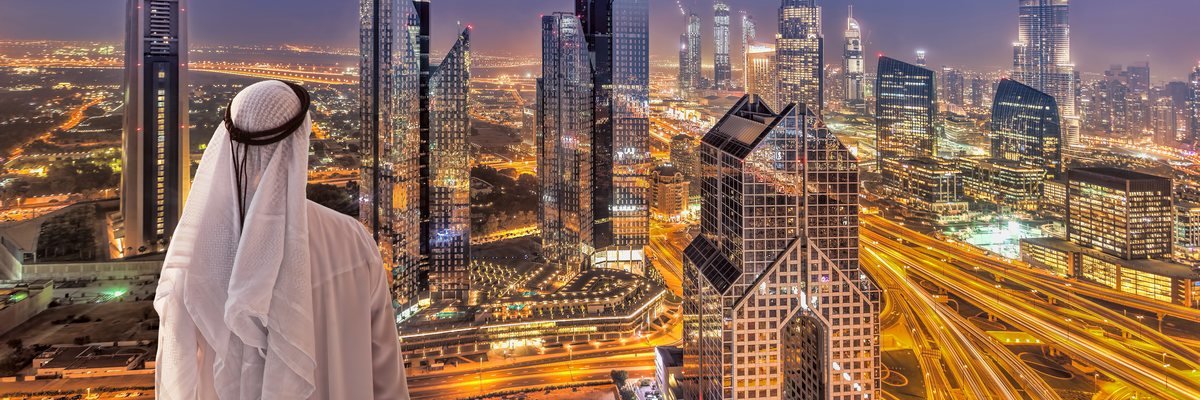As the world embraces rapid technological change, future smart cities have become a critical focus for urban development. The Gulf countries—such as the United Arab Emirates, Saudi Arabia, Qatar, and others—are leading this transformation. These nations are investing heavily in technology, sustainability, and innovation to build cities that offer better living standards and support their shifting economies.
This article explores how Gulf countries are preparing for future smart cities with five bold moves they are making in 2025. We’ll look at the strategies, projects, and technologies shaping the region’s urban future.
Why Gulf Countries Prioritize Future Smart Cities
Vision Beyond Oil Dependence
With the world shifting away from fossil fuels, Gulf countries face the urgent need to diversify their economies. Smart cities are central to this vision, helping to attract new industries, international business, and talent. Plans like Saudi Vision 2030 and the UAE Vision 2021 and 2030 emphasize smart cities as key to sustainable growth.
Managing Rapid Urbanization
Cities in the Gulf are growing fast. Smart technologies help governments handle challenges like traffic congestion, resource management, and housing demand while improving public services.
5 Bold Moves Gulf Countries Are Making to Build Future Smart Cities in 2025
1. NEOM: Saudi Arabia’s Ultra-Modern Smart City
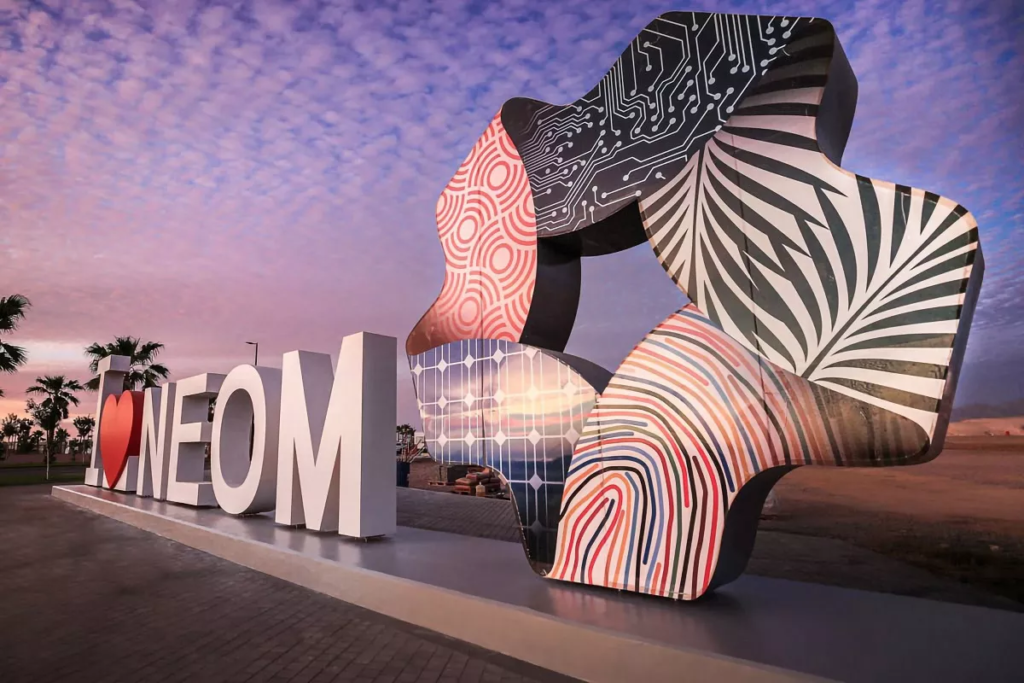
Saudi Arabia’s NEOM project is one of the most ambitious in the world. Covering 26,500 square kilometers, NEOM will rely on renewable energy, AI, and robotics to create a carbon-neutral environment. The centerpiece, THE LINE, is a futuristic city designed without cars or streets, promoting walkability and sustainability.
2. Dubai’s Comprehensive Smart City Strategy
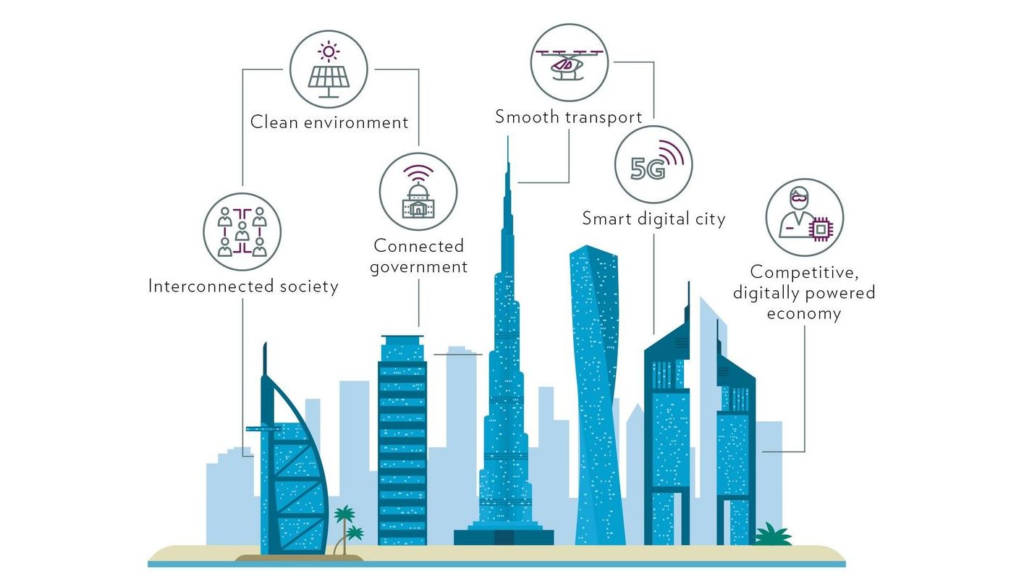
Dubai’s government is aggressively rolling out smart initiatives under its Smart Dubai 2025 plan. This includes blockchain-based government services, AI in traffic management, and IoT networks that optimize energy use and waste management. Dubai is also pioneering paperless government services, significantly reducing bureaucracy.
3. Qatar’s Lusail City: A Model Smart City
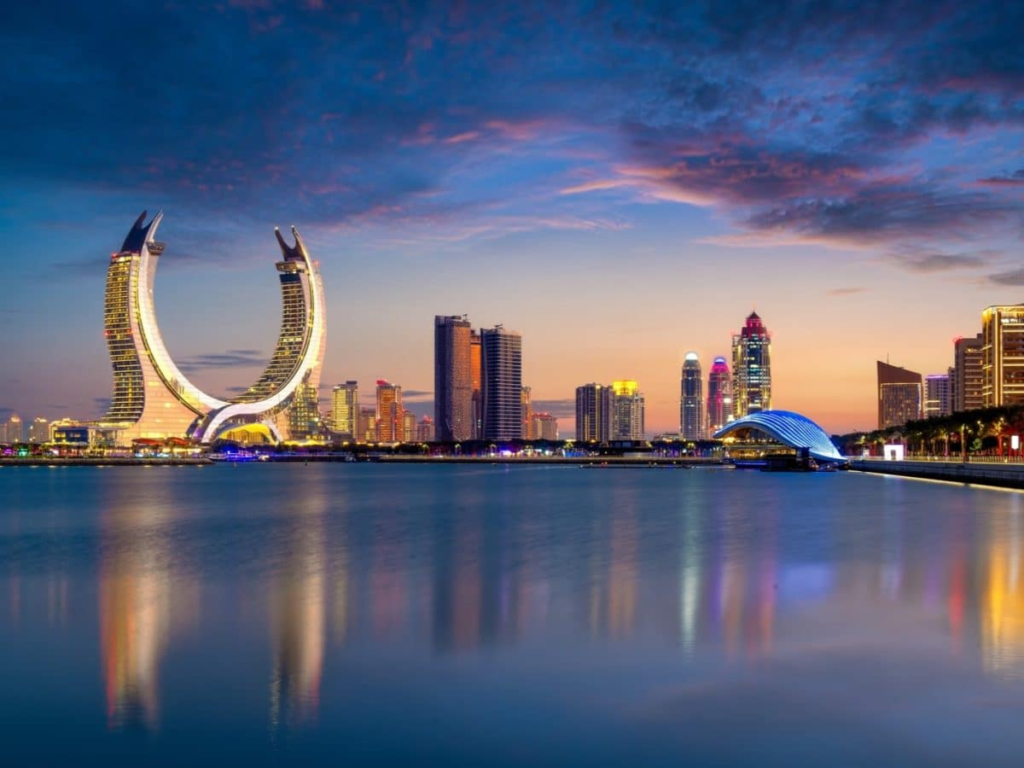
Lusail City in Qatar is being built as a fully connected smart city with advanced infrastructure. Equipped with smart lighting, environmental sensors, and autonomous public transport, Lusail has showcased its capabilities during international events like the FIFA World Cup 2022, serving as a testbed for new technologies.
4. Abu Dhabi’s Masdar City: A Sustainable Urban Experiment
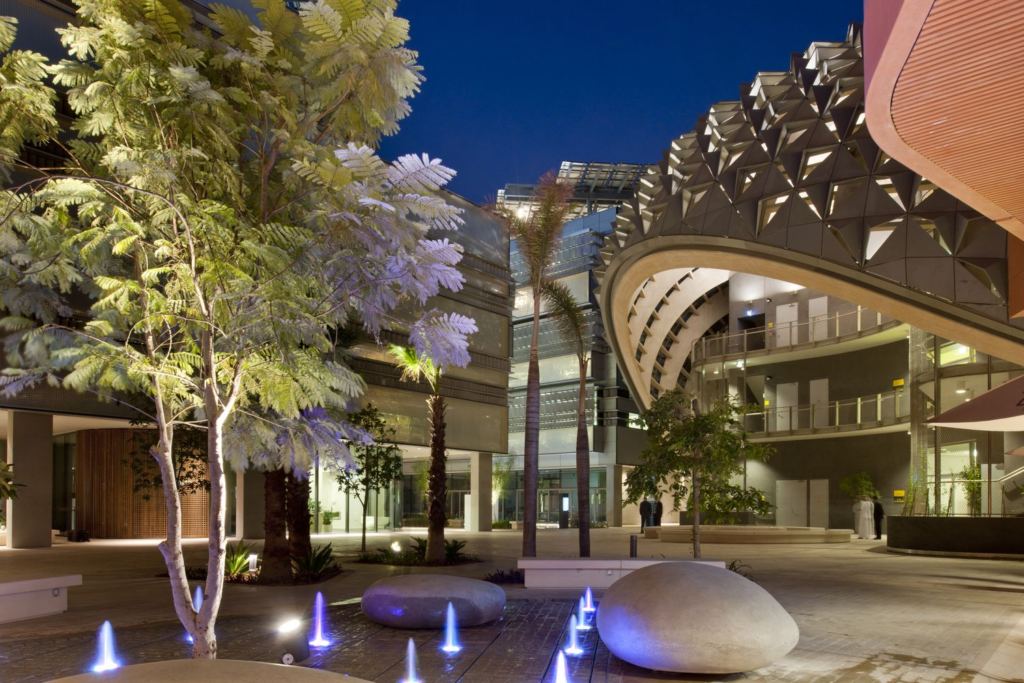
Masdar City focuses on sustainability and renewable energy, making it a green urban model. Though some early plans evolved, Masdar remains a hub for clean tech research and sustainable urban living, with smart energy grids and eco-friendly architecture.
5. Expansion of 5G and Digital Infrastructure

Gulf countries are rapidly deploying 5G networks and building advanced data centers. This infrastructure is essential to support the growing number of IoT devices and AI applications in smart cities. Fast, reliable internet connectivity underpins everything from autonomous vehicles to smart utilities.
Benefits of Future Smart Cities in the Gulf
- Economic Growth: Smart cities attract foreign investment and foster innovation.
- Sustainability: Energy-efficient buildings and smart grids reduce carbon footprints.
- Improved Quality of Life: Smarter transport, health services, and safety systems make cities more livable.
Challenges Ahead
Despite progress, there are hurdles:
- High costs for large-scale smart city projects.
- Need for skilled professionals in tech and urban planning.
- Balancing data privacy with smart surveillance.
- Encouraging public acceptance of new technologies.
Looking Forward: What to Expect by 2030
By 2030, Gulf smart cities are expected to:
- Use AI to manage most urban systems.
- Operate fleets of autonomous vehicles.
- Achieve near-zero carbon emissions.
- Become global hubs for innovation and sustainability.
Conclusion
The Gulf countries’ focus on future smart cities represents a major shift toward innovation, sustainability, and economic diversification. Their bold investments and strategies are setting the stage for a new era of urban living that could serve as a global model.
The world is watching as the Gulf leads the way in building smart, sustainable, and connected cities for tomorrow.
read more- The Role of Women in Gulf Political Leadership: 7 Powerful Changes in 2025

